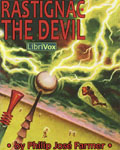 The SFFaudio Podcast #380 – Jesse, Paul, and Marissa talk about The Three Stigmata Of Palmer Eldritch by Philip K. Dick.
The SFFaudio Podcast #380 – Jesse, Paul, and Marissa talk about The Three Stigmata Of Palmer Eldritch by Philip K. Dick.
Talked about on today’s show:
1965/1964, Nebula Award, Dr. Bloodmoney, Dune by Frank Herbert, better than Dune?, if books were boxers…, a standard Philip K. Dick book, a lot of religious people, taking the cracker and the juice (communion), religious crises, the smaller ideas, precogs, forgetting the precogs are precogs, writing characters who can see into the future, what this novel has, a certain movie, after chapter 5 you don’t know what is real anymore, actual reality and what we’re seeing aren’t lined up, are we still in the Chew-Z delusion?, a very surreal Dick experiences, it’s a trip, the rhetorical flourish, are they spreading the plague, the questioning of reality, an original idea book (Do Androids Dream Of Electric Sheep?), The Days Of Perky Pat, an improvement of an idea in Perky Pat, a cobbled together book, a collage, Upon The Dull Earth by Philip K. Dick, witchcraft and blood magic, the infection is spreading, Anne’s story (joke) about a cat who eats a steak, transubstantiation, the telepathic martian grandmother jackal beast, the difference, Dr. Bloodmoney is funny, The Three Stigmata Of Palmer Eldritch is creepy horror, the colonization of reality, Solaris, 1961, whenever a beautiful young woman says “come with me” she always wants to take you to Jesus, Anne Hawthorne, she’s really an agent for Leo, the rehotrizer, the analog for sin, Nathaniel Hawthorne is the religious American version of Edgar Allan Poe, how evil is Palmer Eldritch?, is he a victim?, claims and undercut claims, what real evidence do we have that he’s evil, the three stigmata, subjective realities, then we would all be your children, childlike evil, coming up with the idea, people playing with dolls, Barbie dolls, that connection makes it a better book, all the men go into the Walt (Ken), all the women go into Perky Pat (Barbie), LEGO, a Doctor Who podcast, little mustaches and little hats, The Game Players Of Titan, playing like kids do, you can no longer have the experience of Barbie in her dream house, if I had Can-D (candy) I could have…, so well realized in the Short Story, the kids are adults and the adults are children, hunting for rabbits, waving to the Care-Boys, Martian octopuses looking to help humanity on blasted earth, adults need toys, from Earth to Mars, Chicken Pox Prospect (CPP), a grim prospect, an escapist materialistic world, landscapes of methane ice, the opiate of the colonists, when Philip K. Dick wrote this book he was banished from the house, miserable in his shack, taking his drugs in his hovel-shack, seeing that huge metal mask in the sky, he’s like the doll, Eichorst or Eidhorst, E-therapy (evolution therapy), “look, I’m a bubblehead”, religion vs. evolution, he beats Palmer Eldritch (or he thinks he does), the opening paragraph is the clue, we’re only made of dust, they way he wrote it that’s the idiosyncratic voice, so he did win, thank you Marissa, thank you Philip K. Dick, the runaway green-house effect, resort beaches in Antarctica, it’s 2016, running around in air-conditioned suits, “his conapt Marilyn Monroe, New Jersey”, 4.62 grables, 1.46 wagners, things were hotter than ever, clanked?, Daybreakers (2009), vampires, a nocturnal society, Mayerson is a shriveled up corpse, Guillermo del Toro, The Strain, a retelling of Dracula, an invasion of New York, Chuck Hogan, Eldritch Palmer, a synthesis of Dracula with The Three Stigmata Of Palmer Eldritch, that homage, like Babylon 5, Highlander: The Series, flashbacks, it’s fun, he’s really enthusiastic about all the right things, a scary book, seeing the names mispronounced, little details, now is the time when Paul talks about eXistenZ, virtual reality games, deep into the game, take-out from Perky Pat, just like real life, the sting in the tail, are we still in the game?, they’re acting just like characters, a Palmer Eldritch sort of experience, baseline reality, so many levels of reality, out of the rat maze, laserdisc, a gun made out of a bucket of chicken, real-Cronenbergy, it still holds up, sort of Philip K. Dicky, Big Kahuna Burger, identity issues, Felix Blau, how come you keep calling me Leo, “rigid” is a Philip K. Dick keyword, Roog, a good ending, that interoffice audio memo, we’re supposed to infer that he’s not Palmer Eldritch, World of Ptavvs by Larry Niven, don’t be such a Fnool, getting Fnoogled, Larry Niven takes a page out of Philip K. Dick, the most sexist man in the universe, the Kzinti females are non-sentient, he’s wholeheartedly sexist, Ronnie, super-cunning and clever, lots of boobs, plots and plans, nobody ends up at the top in a Philip K. Dick novel, women in his Antarctic colony, Winnie The Pooh Prospect, fluke-pits, it’s a fluke that they lived, homeopapes, just go with it, underappreciated Dick novels, the religious aspect is a really big thing for a lot of people, now you are like Jesus, Americans are baked in religion, Jesse’s students are from Asia, talking about three days in a tomb, fundamental background material, 37 books, Cosmic Puppets, Marissa really liked the virtual reality stuff, Facebook and Second Life, he would have had a lot of fun with Facebook, Palmer Eldritch today is Google, everyone is in the religion of Facebook, Google’s claws are deep, Fallout 3, Tranquility Lane, an evil little girl, a lot of H.P. Lovecraft, if you really want to be a video-game designer you wanna read a lot of this, whoever the nameless game writer are, the Voigt-Kampf tests, Synths, managing towns, an underground railroad for androids, find the Institute (MIT), a robot wants a human body, romance her later, we’re gonna hook up – might as well get straight to it, they all seem to reward re-reading, The Matrix, I’m going to be all the colonists, I’ll be their civilization, playing all the people, SimCity, Civilization, deep into role-playing without the drugs, addicted to evil games, Clash Of Clans, FREE to play, spending $300 on digital skins (for League Of Legends), Candy Crush, I’m going to farm, rejecting the fake world for the real world, The Sims, managing sims lives, micromanaging fake people’s lives, buying virtual goods for an artificial world, sucking up your life, alcohol is a drugs, beer allows escape from the body, the rejection, the kids being the responsible ones, we will make our own world, it’s hopeful, A Scanner Darkly, Facebook is a drug, liking a Bernie tweet, little check-boxes, a long vacation away from man (then share it on Twitter), I was here at these sand dunes, Jesse is stingy with Twitter favourites, favourites are currency, bots, we live in a sick world, digitizing a human need, you can buy 7,000 followers for $50, Charlie Brooker’s Black Mirror, you must!, TV satire commentary, the top video games of all time, the number one game was Twitter, they’re not as good as me, I’m better than you, keeping up with the Morrisons, the Morrisons had more stuff in their layout, their virtual television is at the shop, psychotherapy costs $10 an hour, spinners and squares, a 12 hour flight to New Zealand, 35 hours to New Zealand, Auckland, Helen Lowe in Christchurch.
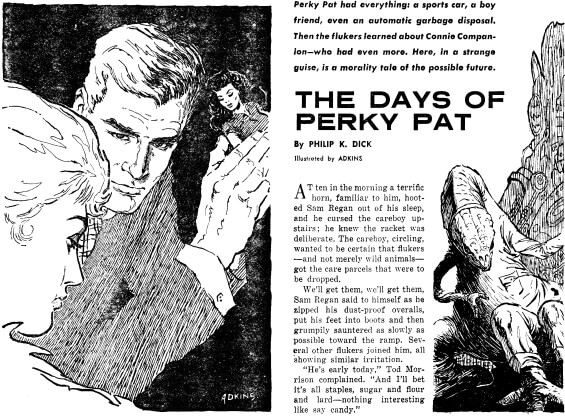
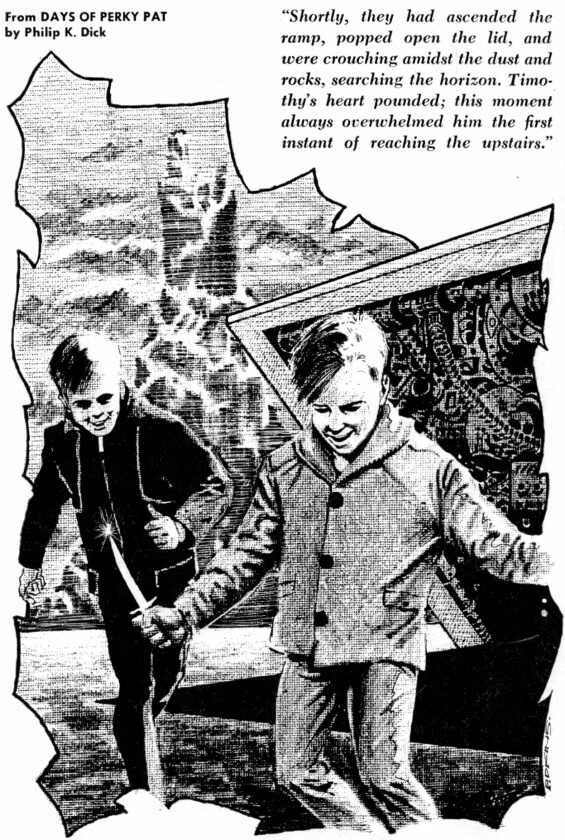


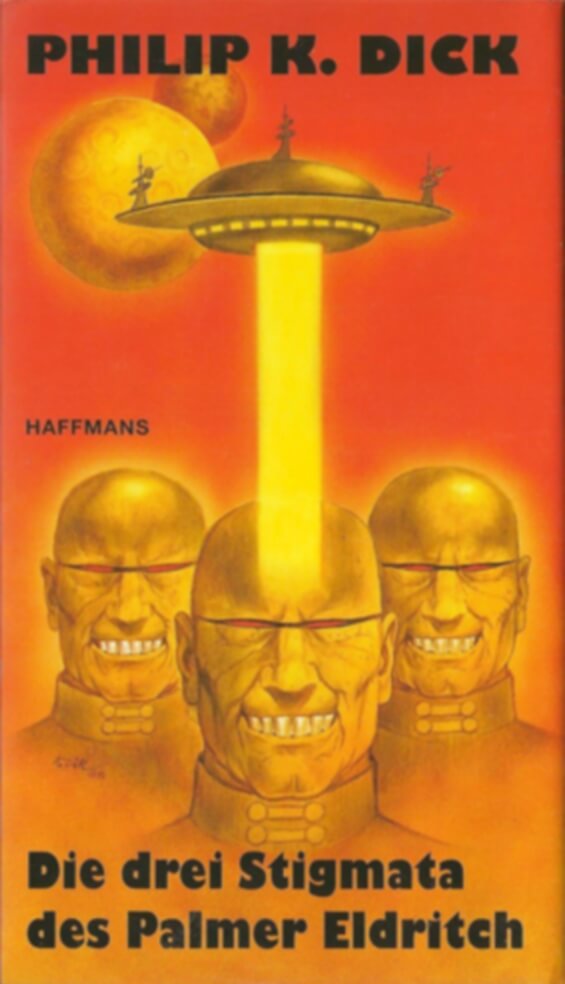
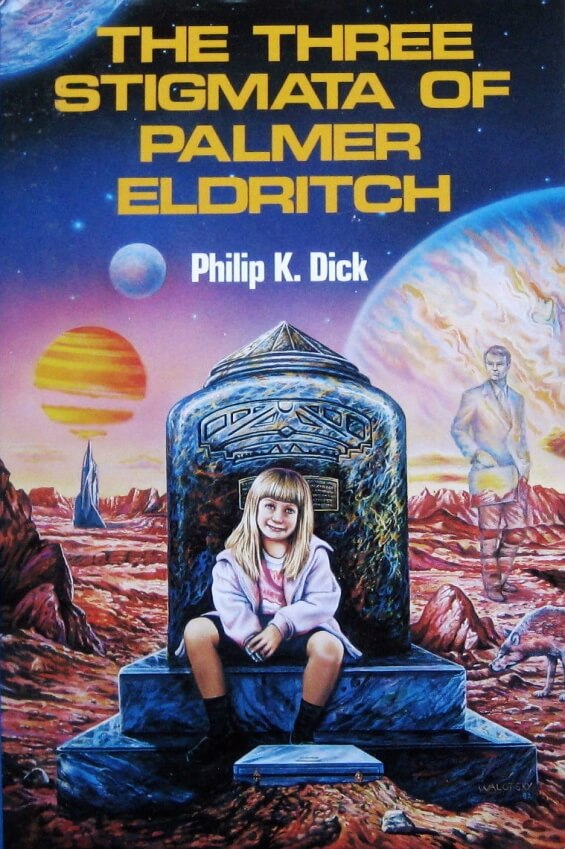


Posted by Jesse Willis

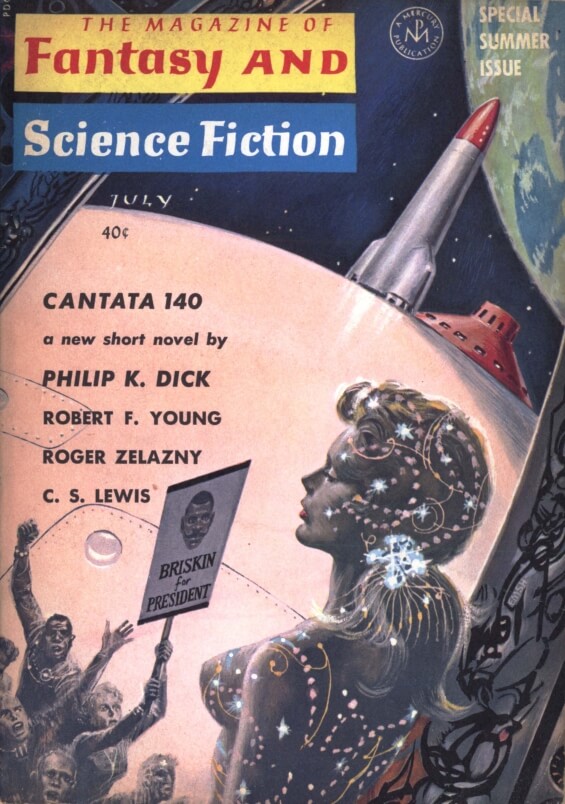
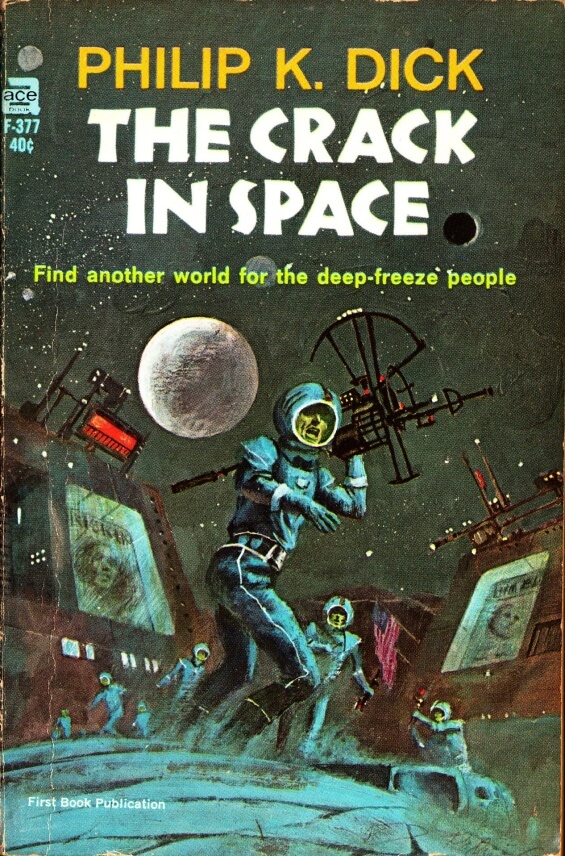
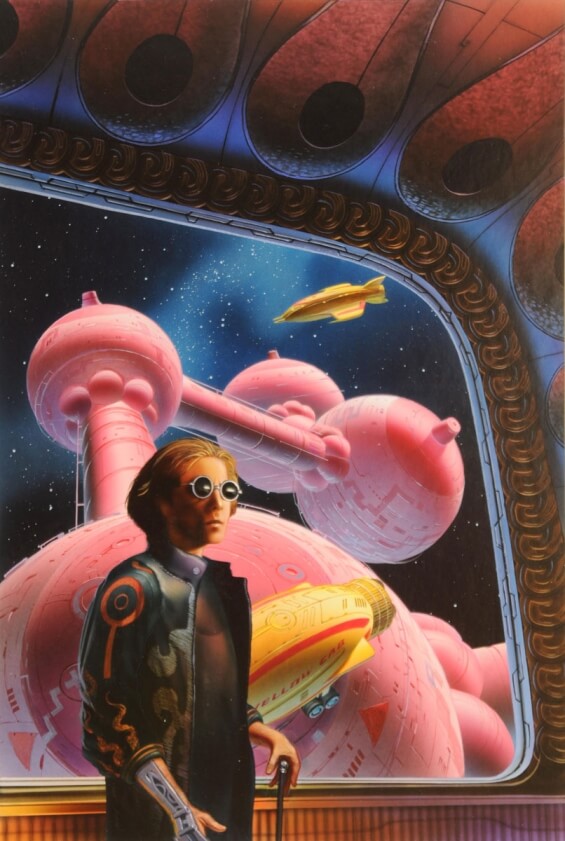

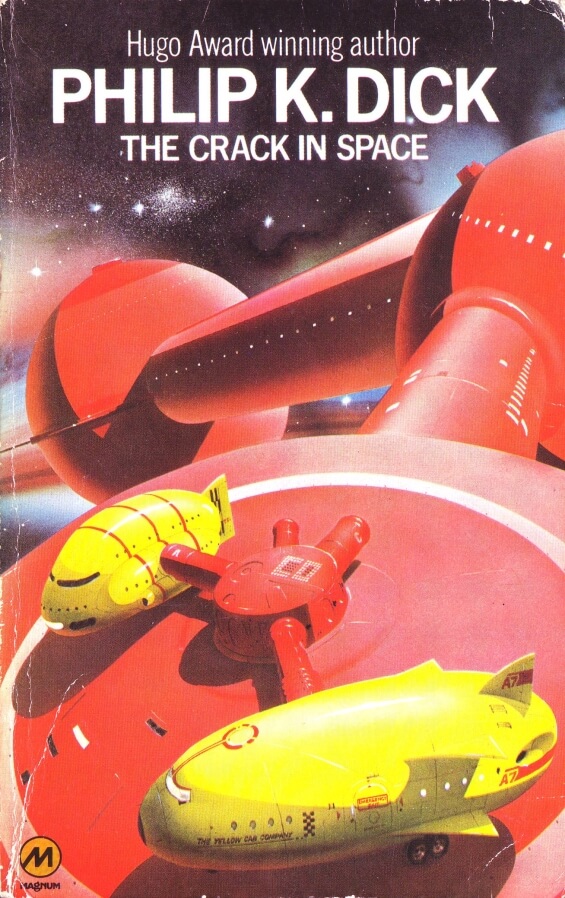
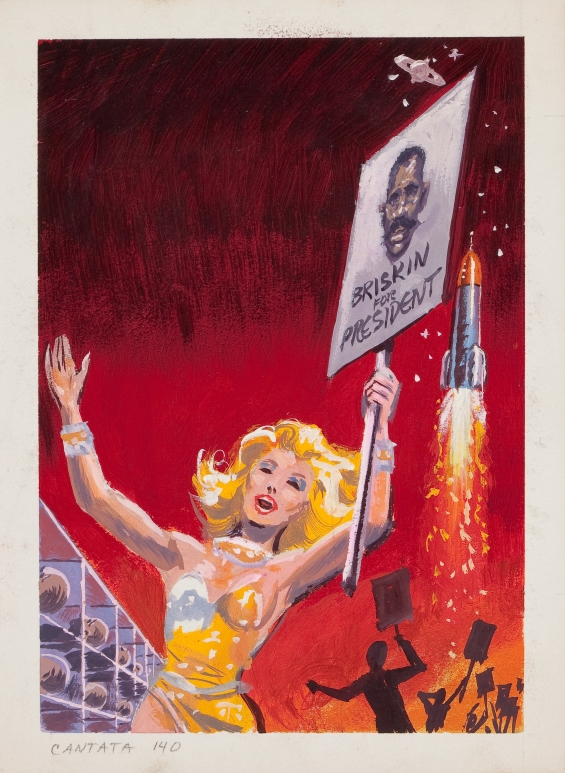

 The Naked Sun (Robots #2)
The Naked Sun (Robots #2) Caves of Steel (Robots #1)
Caves of Steel (Robots #1)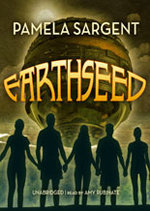

 I get the sense that Rastignac The Devil is a satire, using the furniture of Alexandre Dumas’ The Three Musketeers. But I feel really embarrassed about not knowing what is going on, sub-textually, in this interesting, but baffling, novella by Philip José Farmer. Is it all an allegorical satire of some event in 17th century France?
I get the sense that Rastignac The Devil is a satire, using the furniture of Alexandre Dumas’ The Three Musketeers. But I feel really embarrassed about not knowing what is going on, sub-textually, in this interesting, but baffling, novella by Philip José Farmer. Is it all an allegorical satire of some event in 17th century France?